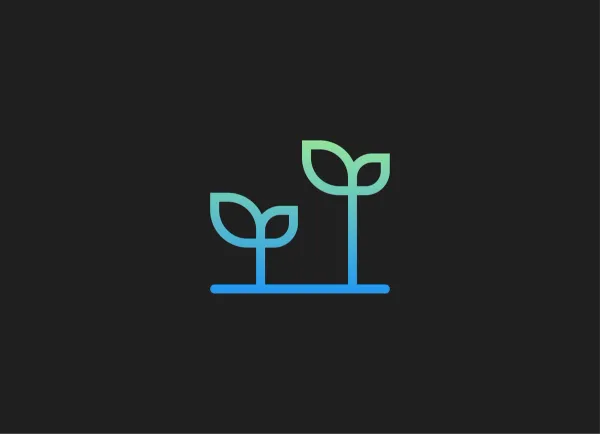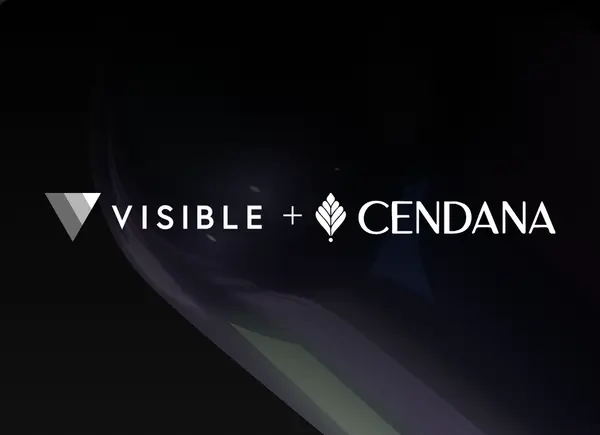Raising a Seed round is an incredible accomplishment. For many startups, it’s also the start of a long journey. As more companies get funded at the Seed stage, the competition for Series A capital is growing. In fact, if you are lucky enough to raise a Seed round, your chance of raising a second round is roughly 48%.
Outside of the essentials, like finding product-market fit, scaling revenue, and building a repeatable customer acquisition process, there are plenty of other important things to consider as you get ready to raise a Series A. We’ve laid out 3 of them below.
Tracking Metrics & Financial Planning
David Cummings, investor and company founder, has found that most Seed stage founders don’t track enough metrics on a weekly basis. Having a grasp of key financials and metrics will become vital when courting potential investors past the Seed stage. David suggest starting with the 9 metrics below:
- Cash on hand
- Weekly burn rate
- Monthly recurring revenue
- New customers
- Lost customers
- Marketing qualified leads
- Sales demos
- Active sales opportunities
- Customer net promoter score (NPS)
To make things easier, we’ve turned those 9 metrics into a Google Sheet template you can access here.
Building the Team
Building a strong team is arguably just as important as your initial product and customer acquisition process, as it’s often a key factor investors look at when deciding to invest. As Mark Suster, Founder of Upfront Ventures, puts it, “about 70% of my investment decision of an early-stage company is the team. My rationale is simple: everything goes wrong and only great teams can respond to competitors, markets, funding environments, staff departures, PR disasters and the like.”
Having a small team that covers every major function of a business allows Seed stage companies to iterate quickly while staying capital efficient. As the team continues to grow, the fingerprints of these original team members will be all over the company culture. Not only does a strong team increase your likelihood of raising capital, the early days of hiring are a blueprint for your company culture and structure as you grow.
Engaging Outside Stakeholders
Seed stage founders are pulled in every conceivable direction. On top of building a product, building a team, and creating a repeatable sales process, founders at the Seed stage must also manage their outside stakeholders—both initial investors and the ones they hope to bring on board.
As Ari Newman, Partner at Techstars, says, “Financing is not a dot, it is a line and it is part of your job as a founder and a business leader to keep the capital coming in.”
Engaging potential investors can often draw you away from your day-to-day tasks, so it is important to have a clear process in place, just as you would with a marketing or sales lead. Courting potential investors can’t be a founder’s full time job, so adding process and structure will help protect your time.
For founders who are ready to fundraise, we built a Fundraise Tracking Tool, which helps ensure you can track your prospective investors as simply as possible. Once you have them organized, sending a quick email update every month or so will pay dividends as you get deeper in the fundraising process.
The move from Seed to Series A isn’t an easy one. It requires founders, and the teams behind them, to level up quickly. Paying attention to the above items will help ensure you and your team are set up for fundraising success.
Ready to start nurturing potential investors as you ramp up for a Series A fundraise? Start a Visible trial to send quick and beautiful investor updates here.




